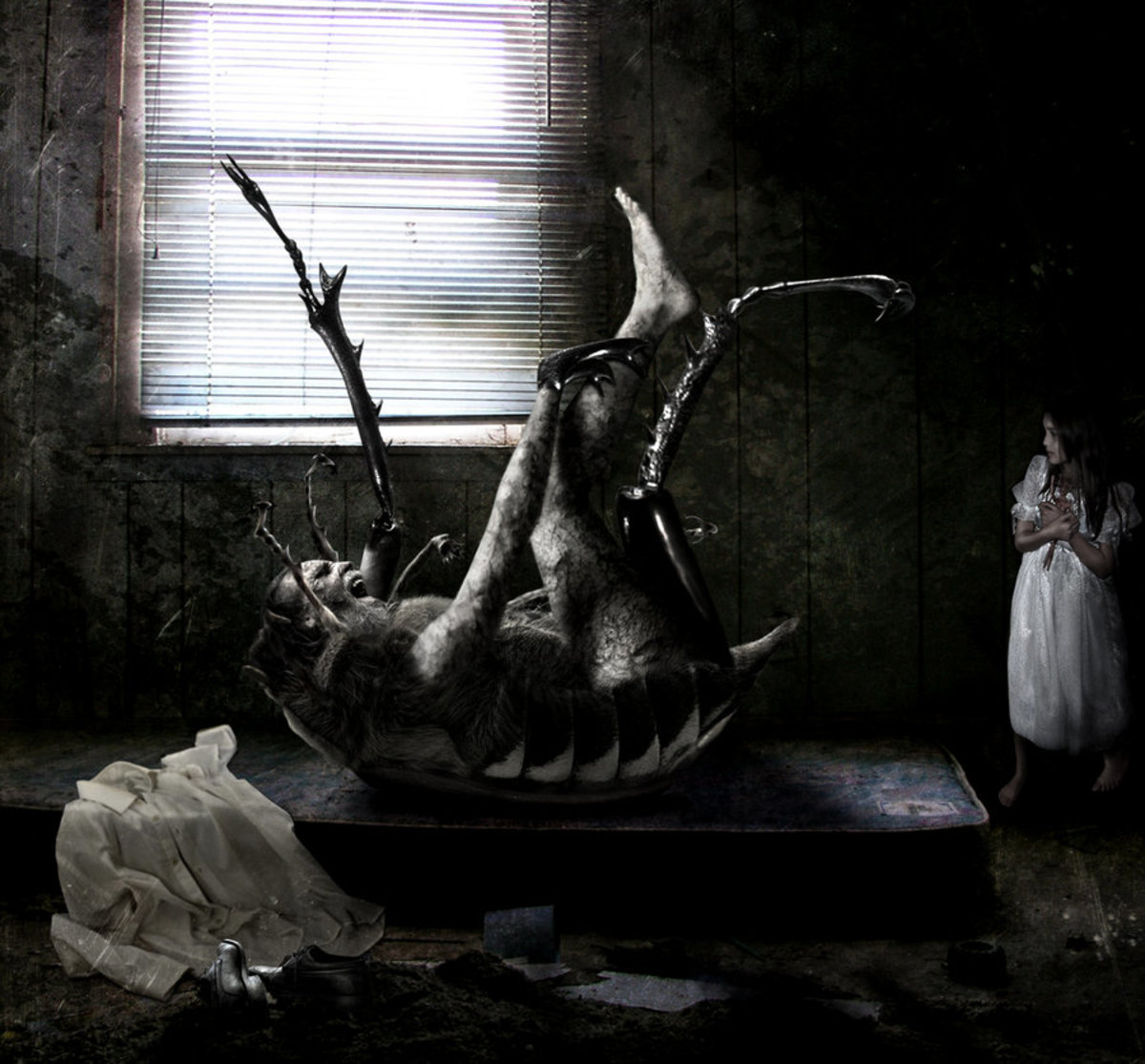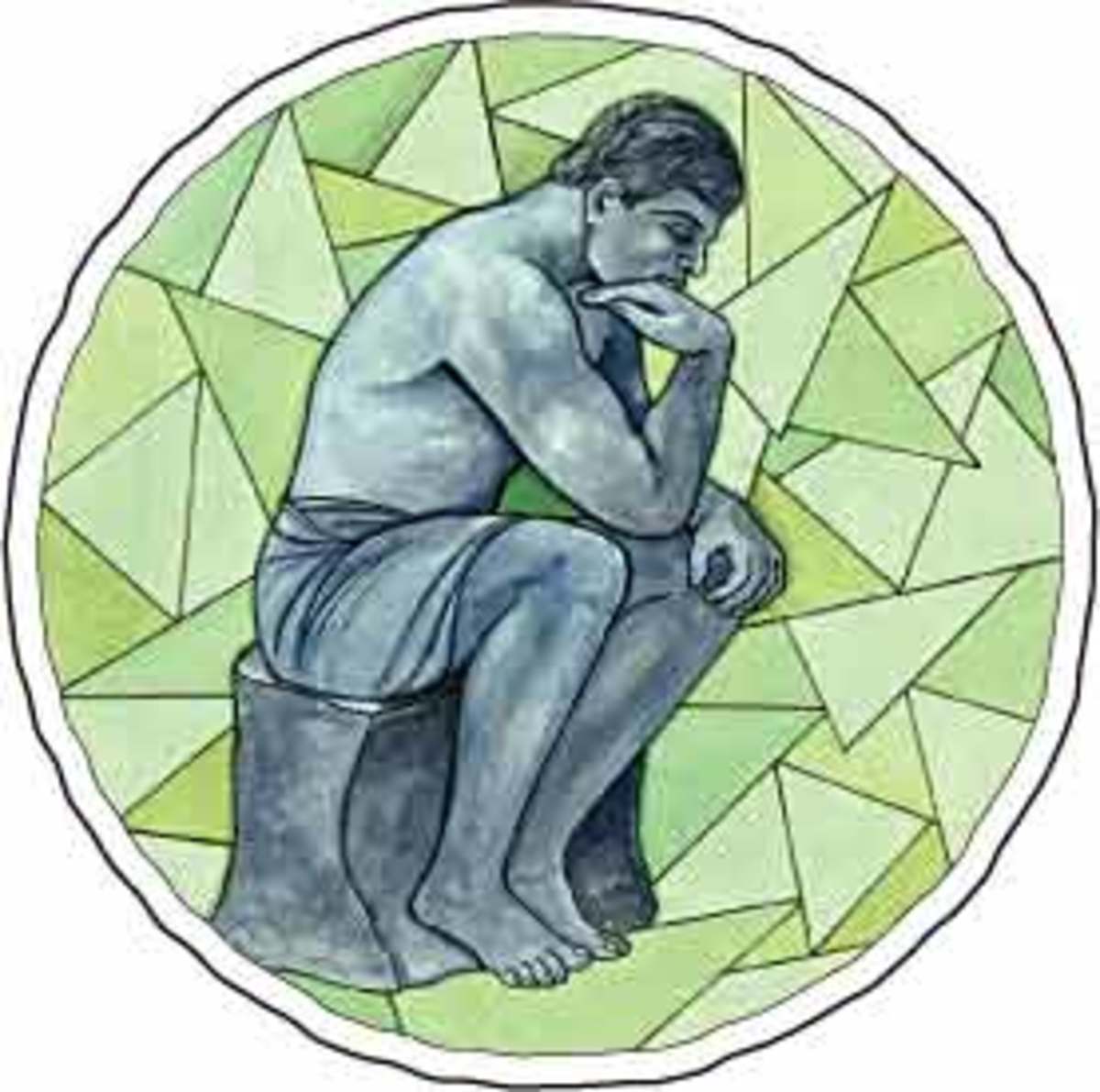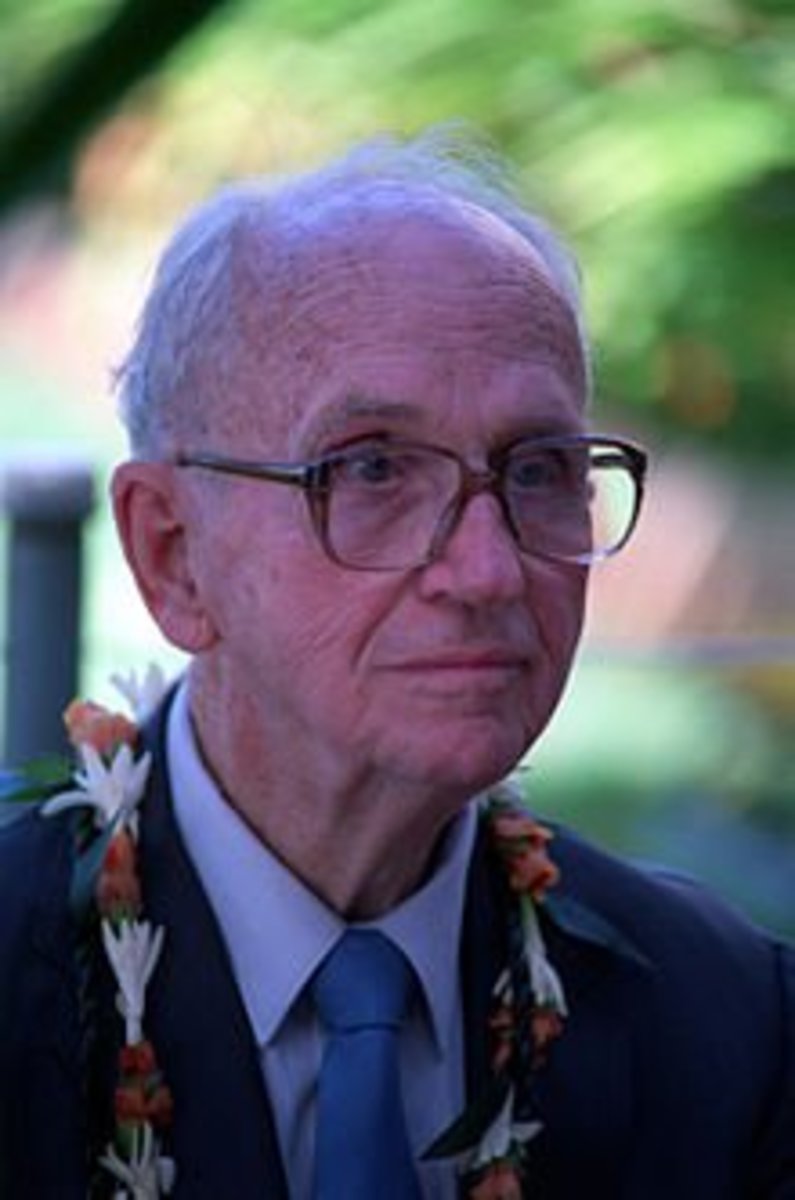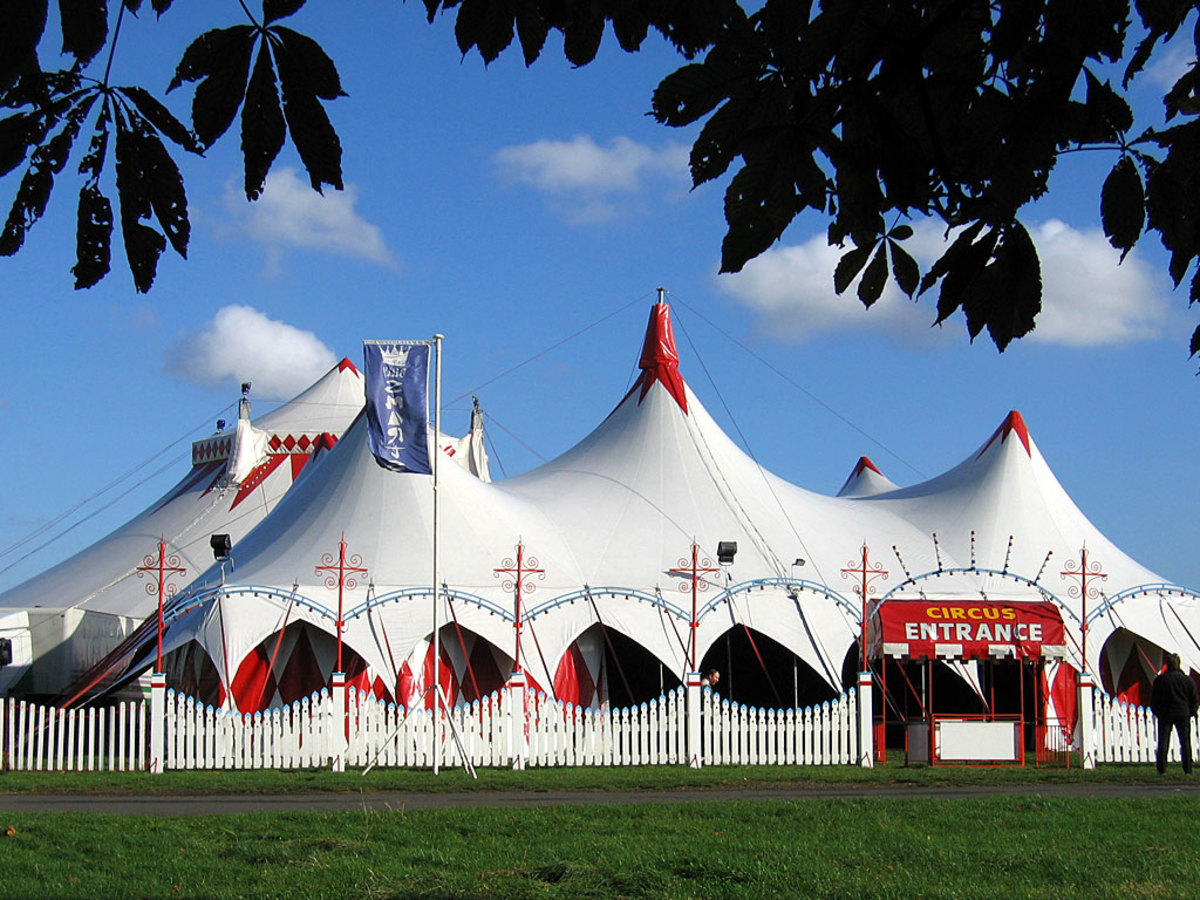Ethical interpretation of the book "The Metamorphosis" of Franz Kafka
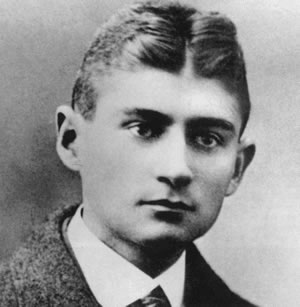
Biography of Franz Kafka
Franz Kafka was born on
July 3, 1883 in Prague, located in the Czech Republic today. He was the son of a Jewish merchant. Grew under the influence of three cultures: Jewish,
Czech and German. It is considered one of the leading writers of
Modern Literature.
Influenced by the severity of her
father who deeply marked his work, becomes isolated in their teens and declares
himself a socialist and atheist.
Kafka graduated in law and
participated in the so-called Prague School, a movement that was basically a
way of artistic creation with emphasis on realism, metaphysical and a synthesis
between a rational clarity and a strong dash ironic. Most of the texts of Kafka has these characteristics. He wrote his works in German, mostly published after his death.
The modern human condition is
constantly addressed in his works, as the oppression of bureaucratic
institutions, the "justice" and the fragility of the common man in
the face of everyday problems.
Kafka's first book was
"Consideration" in 1913. The following year, he suffered an emotional
crisis. Some consider that this crisis was due to his
engagement, others say the reason was the beginning of World War 1.
In 1920, left his job because he had
contracted tuberculosis.
To read Kafka is necessary to have
some attention to the way all work builds. It should also be aware that all creation this author was not
meant to be beautiful, because even the imperfections were made intentionally.
Never achieved great fame in life. He died on June 3, 1924. Some of his major works were: "The Metamorphosis, The
Trial, The Castle," "The Stoker," "The Judgement",
"Hunger Artist" and "Letter to Father".
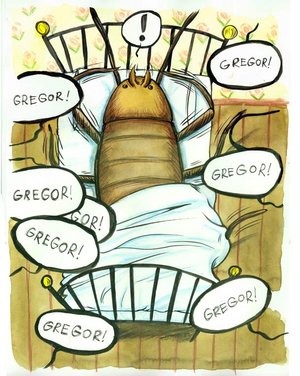
Summary of "The Metamorphosis"
Metamorphosis is a book
that apparently is very simple. It is the transformation of Gregor Samsa in an
insect. It can be stated then that her physical mutation
is related to the title. However, as the text is
coming to an end, we found that metamorphosis happens with his family and
himself (in his way of acting and thinking).
Gregor Samsa is a traveling
salesman who is very dedicated to work. But one day, wake up transformed into a hideous insect.Difficulties in adjusting to a new form. Gregor begins to think about how your family and your
boss will react. His father had failed some time ago and after
that, do not get a job, staying home all the time.His
mother had asthma and therefore also not working. There was still Grete, his sister, who helped his
mother with chores. How did not work depended entirely on the money
that Gregor brought home. Now, however, he was an insignificant insect.
Amid his anguish, something not
anticipated happening. Was the representative of his employer at the
door of his house. His family and the press representative to open
the door. It opens and is greeted with astonishment by all. The representative goes terrified, while his mother, shocked by
the scene, says the aggressiveness of the father before the disgusting insect. The father with the look of disapproval shoos her son into the
bedroom. There Gregor begins to think why the contempt
suffered, even in that situation, continued to be a member of the family.
Hungry, sees a bowl of milk. Rushed to her and try to drink.Although
when a man like milk, I could not drink now. Its flavor was different now. He noted that when his sister brought food scraps and he
consumed them. Although the sister continued to feed Gregor had
a revulsion about her new look.
In the first days after the
metamorphosis of Gregor, the family gathered to verify their financial reserves
and reached the conclusion that despite having enough money for a few months,
would have to find a solution. The father would return to work, the mother would
sew up the young sister and worked as clerk to help the family budget. Meanwhile, Gregor was still in his room, increasingly distant
from their humanization.
One day Gregor's mother decided to
visit the room where he was.Grete, who accompanied her
mother, Gregor spotted and tried to prevent her from seeing her son. Anything said her effort, as the mother, amid the bustle of her
daughter viewed the loathsome form of the child.
Moved by the horror of the vision of
the insect, Gregor's mother fainted. Grete goes to meet remedies to revive the mother. Gregor leaves his room trying to help too, but now comes the
father, who after an incorrect interpretation of Grete's words, part for the
attack.The principle uses only his hands and legs, but
due to their slow, probably related to age, give up the chase and Gregor begins
to throw him apples. Gregor tries to deflect, but ends up having his
body hit.
After this episode, Gregor never
fully recovered. She ate less and remained isolated from
everything.
It happened that because of the need
for money, Gregor's family decided to rent a bedroom in the house for some
guests. One day, after dinner, Grete began playing the
violin. Gregor enjoying the music came out of the room
towards the sister. One of the guests saw him and alerted the family. Gregor's father immediately tried to move guests to the room
from seeing the insect.
Guests revolted, or the discovery of
a fourth undesirable neighbor, or with the father's attitude to forcibly take
them to their lodgings, said there would be more and that, moreover, would not
pay for their stay.
Grete became irritated and told the
family that Gregor would need from some way. Only then would the peace they deserved. Gregor, who remained motionless until then moves about slowly to
his room. Think of the family with love and gives her last
breath.
By morning, the maid realizes that
Gregor is dead and calls the family. Mr. and Mrs. Samsa verify it was true. Expressed only a "thank God".
"Free" now decided to
spend the rest of the day resting. They went out together, the father, mother and
Grete. They talked about future prospects, the jobs they
had discussed what they had never done before, and concluded that they could
have new dreams and hopes.
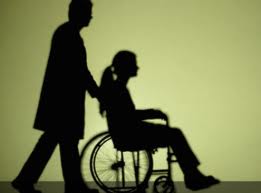
Interpretations
The reading of
Metamorphosis involves a series of questions. The work may be related to the man of the modern
world. Portrays the loneliness and human isolation
(Gregor turned into a bug in your room), the need to escape (some moments
Gregor felt fine being alone).
When the father tries to kill
Gregor, you can make an analogy with the life of Kafka, where he have not had a
good relationship with his father.
Gregor's death is a release for
everyone.
The metamorphosis is not just happening
Gregor. The change also occurs with his father, in the
downtime before, now works, his mother, even in weakness, now have to sew. The family condemned to darkness before the house, now runs in
search of happiness. Until the house underwent a metamorphosis when it
became the inn.
Another fact is that Kafka was a Jew
and lived among German culture during World War 1 and the transition of the 2nd
World War.He probably suffered exclusion, feeling
under-humanized (insect).
Although Gregor was the same, the
family rejects him for his appearance. Correlating with the present day, we can define
as "insects", people who do not fit the model of the dominant society.They suffer from exclusion and prejudice.
Gregor in your room can also be
compared to the elderly who are often abandoned by their families, are taken to
shelters or left in a room at home.
According to some of Kafka's book
has three interpretations:
1 - Gregor transformed into insect
represents a person with physical or mental disability which would make him
unable to stay for the achievement of certain tasks. When we talk about the insect, then comes a revulsion, disgust,
Kafka was able to convey its intention very well.
2 - The transformation into insect
could be the receipt of new ideologies or beliefs of an individual, not fitting
with the standards of the society they live.
3 - There is still an interpretation
that the metamorphosis would be conversion to Marxism, condemning capitalism
and refusing to work. For this reason it is not accepted by his family,
who considers it as invalid.
Conclusion
Although small, the book by Franz Kafka carries great messages that can be
brought to the present. At the same time portraying the suffering and anguish that he passed. Kafka as a socialist, he often felt excluded
from society.
The book leads us to rethink how we
take life and our relationships with others.


